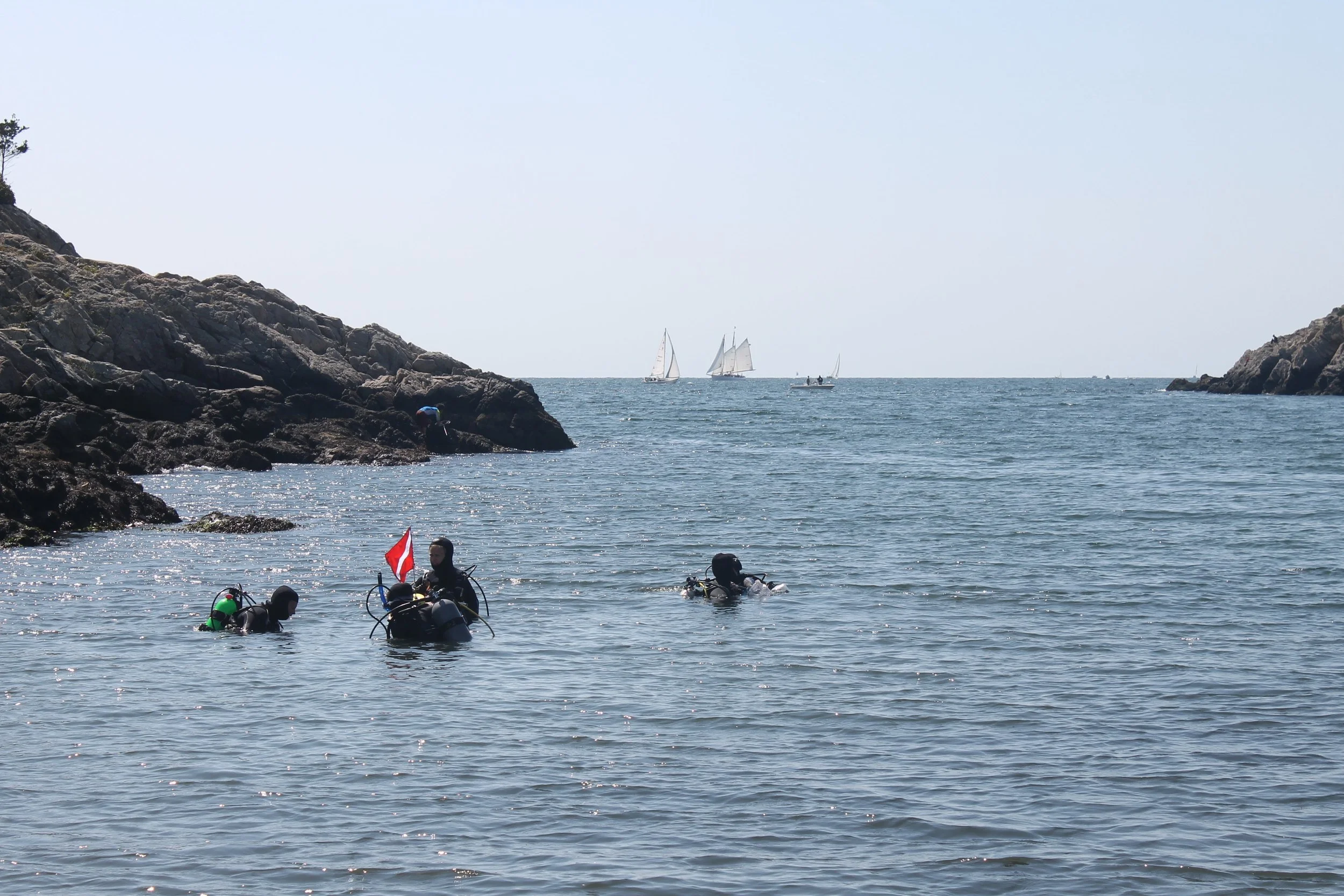The Gulf Stream Orphan Project is an aggregation of sightings focused on Gulf Stream-dispersed fishes
Building a Network of Naturalists
Citizen Science Reports of Gulf stream orphans to inaturalist from 2019-2024. Trends in Reporting Year over year is a factor of both seasonal variation in gulf stream activity and increases in community science engagement and participation on the iNaturalist platform.
Data submitted by community scientists including scuba divers, fishers, dive clubs, and hobbyists as well as universities, aquariums, and marine conservation organizations contributes to our greater understanding of the distribution of dispersed tropical and subtropical species . For years these groups have observed GSOs and in some cases collected specimens for exhibit, research, or personal use but broad documentation of sightings and geographic distribution of these species was largely anecdotal. Compiling a database of these occurrences aids in the comprehensive understanding of Gulf-Stream-dispersed fish and exploration of their ecological impact.
In some cases, a small subset of reported species may be colleceted as part of sustainable acquisitions by marine conservation and education organizations. By showcasing these fishes that will otherwise not survive, these fishes highlight the biodiversity in the NW Atlantic, an introduction to marine ecology, and increases environmental awareness and interest in conservation efforts.
Crowdsourcing biodiversity data through platforms like iNaturalist.org and collaboration with a variety of marine conservation organizations provides an opportunity for data gathering that had previously been impossible given the geographic scale and effort associated with tracking GS-dispersed species. As technology improves our abilities to document and verify wildlife sightings, we can continue to investigate broad datasets in an attempt to answer complex ecological questions as we further explore our oceans.


